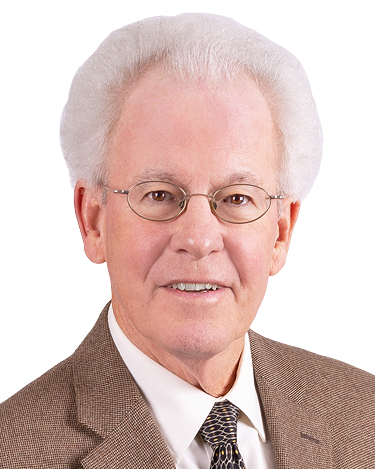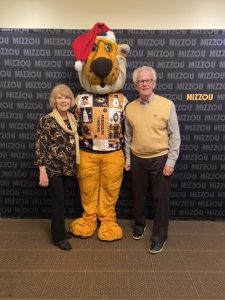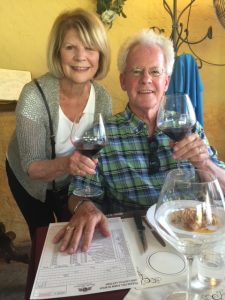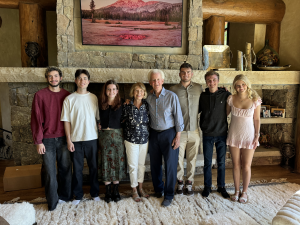
Bruce Walker serves as an outside director for Walsworth. He served as dean of the Trulaske College of Business at the University of Missouri for 20 years. He made the transition to faculty member in 2010, serving as a professor of marketing and as co-director of the Cornell Leadership Program for high-ability undergraduates for five years.



